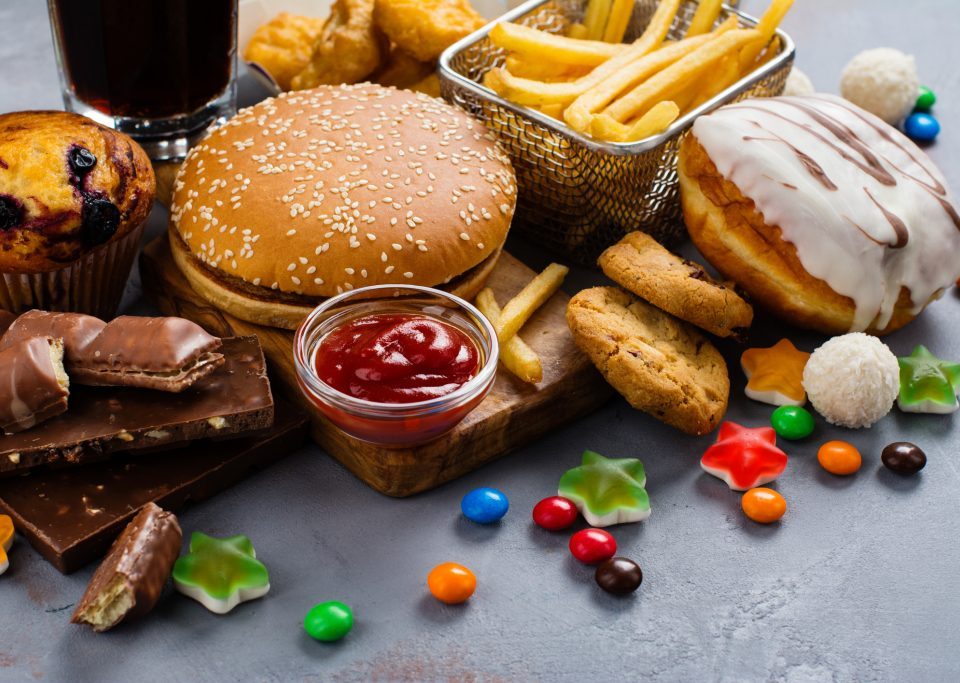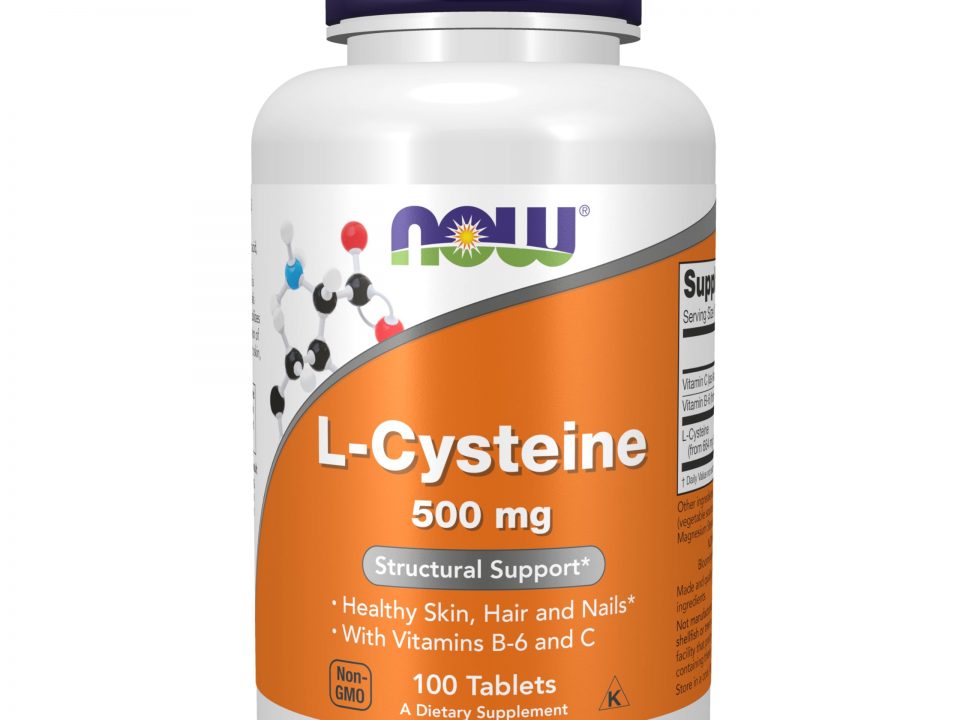- با ما در تماس باشید
- 09308658811
- iranepf@gmail.com
Effects of Dietary Acid Load on Exercise Metabolism and Anaerobic Exercise Performance
Expression of Heat Shock Proteins (HSPs) in Aged Skeletal Muscles Depends on the Frequency and Duration of Exercise Training
۲۵ تیر ۱۳۹۴Maximal Oxygen Uptake cannot be Determined in the Incremental Phase of The Lactate Minimum Test on a Cycle Ergometer
۲۵ تیر ۱۳۹۴Susan L. Caciano, Cynthia L. Inman, Elizabeth E. Gockel-Blessing, Edward P. Weiss
Journal of Sports Science and Medicine
Dietary acid load, quantified as the potential renal acid load (PRAL) of the diet, affects systemic pH and acid-base regulation. In a previous cross-sectional study, we reported that a low dietary PRAL (i.e. alkaline promoting diet) is associated with higher respiratory exchange ratio (RER) values during maximal exercise. The purpose of the present study was to confirm the previous findings with a short-term dietary intervention study. Additionally, we sought to determine if changes in PRAL affects submaximal exercise RER (as a reflection of substrate utilization) and anaerobic exercise performance. Subjects underwent a graded treadmill exercise test (GXT) to exhaustion and an anaerobic exercise performance test on two occasions, once after following a low-PRAL diet and on a separate occasion, after a high-PRAL diet. The diets were continued as long as needed to achieve an alkaline or acid fasted morning urine pH, respectively, with all being 4-9 days in duration. RER was measured during the GXT with indirect calorimetry. The anaerobic performance test was a running time-to-exhaustion test lasting 1-4 min. Maximal exercise RER was lower in the low-PRAL trial compared to the high-PRAL trial (1.10 ± ۰٫۰۲ vs. 1.20 ± ۰٫۰۵, p = 0.037). The low-PRAL diet also resulted in a 21% greater time to exhaustion during anaerobic exercise (2.56 ± ۰٫۳۶ vs. 2.11 ± ۰٫۳۱ sec, p = 0.044) and a strong tendency for lower RER values during submaximal exercise at 70% VO2max (0.88 ± ۰٫۰۲ vs. 0.96 ± ۰٫۰۴, p = 0.060). Contrary to our expectations, a short-term low-PRAL (alkaline promoting) diet resulted in lower RER values during maximal-intensity exercise. However, the low-PRAL diet also increased anaerobic exercise time to exhaustion and appears to have shifted submaximal exercise substrate utilization to favor lipid oxidation and spare carbohydrate, both of which would be considered favorable effects in the context of exercise performance.
Key words: Renal acid load, alkaline diet, substrate oxidation, respiratory exchange ratio


